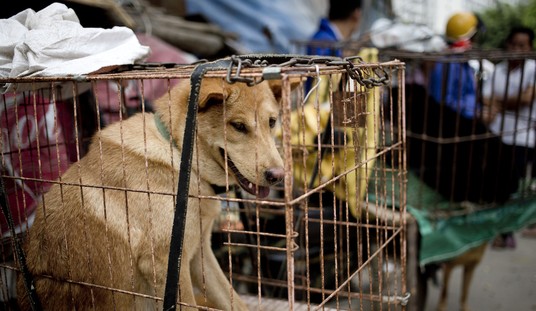When the story of the abortion shop cum abattoir run by Philadelphia doctor Kermit Gosnell hit the press in January the nation was shocked by the near medieval conditions encountered by women seeking access to the “safe, legal, and rare” procedure which kills over a million children each year.
As we noted at the time, the conditions in Gosnell’s facility was not an aberration, rather it was the easily foreseeable consequence of a governor, Tom Ridge, electing not to have abortion shops inspected because of a personal sympathy for the butchery that occurred within. A sympathy disguised by the hackneyed formulation “I’m personally opposed to abortion, but …”
If there is a single good thing to come out of this incident, other than Gosnell and most of his ghouls spending most of the rest of their lives in prison, it is the heightened level of scrutiny to the business of baby killing, a business that has managed to intimidate its way out of any regulatory regime.
Since Pennsylvania has resumed inspections two more abortion facilities have been shuttered.
The reports show the same egregious errors in care and maintenance at both locations. For example, inspectors on both visits inquired about containers of fetal tissue found inside exam-room cabinets. The doctor expressed surprise at the discoveries and dumped them in bags for removal during the inspection.
Inspectors also found a lack of resuscitation equipment and no documentation of patients’ vital signs, such as blood pressure, before or after care.
The clinics had no recovery room and, because of the lack of staff, patients were discharged still groggy. A secretary told inspectors she helped patients dress and then they walked out as if in “a drunken state.”
More positively, there is a trend towards increasing regulations governing abortuaries. Pennsylvania it taking the baby step of making the regulation of abortion facilities a matter of law rather than policy. Maryland and Oklahoma are considering making abortion facilities conform to the same clinical standards as those which presently treat ingrown toenails.
Virginia has elected to regulate abortion shops as hospitals.
All of these changes have been accompanied by predictable bleating from the pro-abort crowd that somehow a woman’s alleged right to off her unwanted offspring is being infringed upon.
This has a dual impact. First, it makes an invasive surgical procedure safer by simply regulating it as we would regulate any other invasive surgical procedure. Secondly, abortion is a business. Any additional costs imposed on this business inevitably has the effect of driving some practitioners out of business. When Texas required abortion shops to be regulated as if they were surgical care clinics if they performed abortions beyond 16 weeks back in 2004 there were 20 doctors actively involved in this ongoing holocaust. Today there are about 4.
However, even in states where there is a regulatory regime that is somewhat enforced, we find that the search for abortion profits continues to put the lives of women at risk. Even now there are allegations concerning abortion shops in Texas which clearly merit scrutiny. And other allegations in Kansas, California, etc., that Operation Rescue is documenting.
As we’ve observed in the past, this is a long term struggle. We have small hope that the 20th Century equivalent of Dred Scott and Plessey, Roe v. Wade and Doe v. Bolton, will be overturned but through educating the public on what goes on in these baby chop-shops and electing people with the moral courage to stop as much as they can we can do our part to limit the public shame of abortion.













Join the conversation as a VIP Member